WHEN YOU ARE RESPONSIBLE FOR ANY PIPELINE, THE END GOAL IS TO TRANSPORT THE PRODUCT FROM ONE END TO ANOTHER SAFELY AND EFFECTIVELY.
When you are responsible for any pipeline, the end goal is to transport the product from one end to another safely and effectively. It is therefore important to ensure that the pipeline is clear of debris that could affect the flow and transfer of your crude oil, natural gas or chemical, and most operators will want to do this with as low a risk and as efficiently as possible.
There are many risks associated with having debris in your pipeline that you need to be aware of. Here are five common risks, along with some tips on how to minimise or avoid their occurrence.
FLOW ASSURANCE
A build up of debris can lead to blockages in your pipeline, which create back pressure and reduce flowing efficiency. This could be caused by equipment lost while pigging, naturally occurring materials such as hydrates, sand and scale, or even a pig itself. It is important that this is detected and removed as quickly as possible as anything of significant size can compromise the flow and with that, the safety within the pipe.
The risk of this occurring has significant costs associated with retrieving the item that is blocked, unblocking the build up of debris as well as production having to be stopped in order to do this.
POOR EFFICIENCY
As debris can impact flow, this can lead to higher differential pressure, lower production and inefficiencies in cost and time.
This can be avoided by regularly maintaining your pipeline. If this is not done, flow may have to be stopped to carry out essential works, which can hold a significant cost implication.
CORROSION
Inorganic and organic debris in the pipeline can create sites for a variety of corrosion mechanisms leading to accelerated wall loss. Water when lying in low areas can also become corrosive in the presence of acidic gasses.
Routine pigging as part of an integrity management process is important to mitigate corrosion.
CONTAMINATION
Debris in a pipeline can contaminate the product it is transporting. To avoid disrupting operations and ensure quality control is satisfied, contaminates such as sludge, sand and precipitates must be monitored and removed during regular maintenance.
If oil is contaminated, the economic implication on the operator can be significant until the source is identified and resolved.
SAFETY
Safety is always the priority, and maintaining the integrity of your pipeline plays a key role in this. Debris present in your pipelines can lead to increased safety risks, including, inability to isolate sections, lack of control, localised corrosion that can potentially lead to breaches in the line as well increased pressure because of blockages. Ensuring they’re clear of obstructions and that flow is optimal will reduce these risks when transporting the product.
These are just five risks that may occur if debris builds up or enters your pipeline. Aubin has a number of effective solutions to minimise these risks or offer a solution to some of the issues identified.


